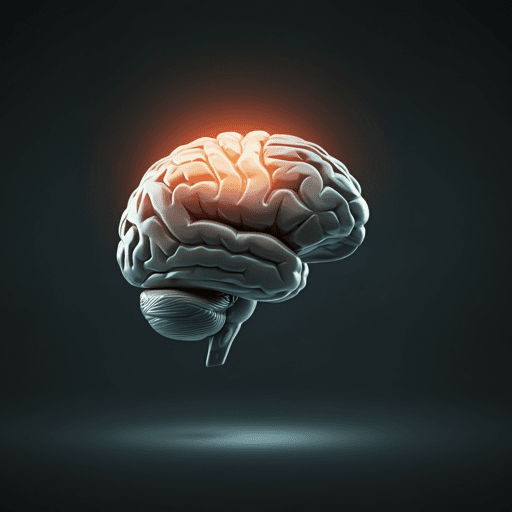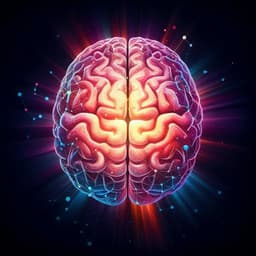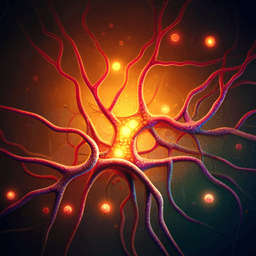
Medicine and Health
A systematic review and meta-analysis of the impact of transcranial direct current stimulation on cognitive function in older adults with cognitive impairments: the influence of dosage parameters
T. Prathum, T. Chantanachai, et al.
tDCS improved global cognition in older adults with cognitive impairments in a meta-analysis of 19 RCTs, showing significant MMSE gains immediately and at follow-up and identifying optimal parameters (≤0.06 mA/cm², >20 min sessions, up to 15 sessions, temporal electrode), with greater effects in Alzheimer’s disease but no memory or executive function benefits. This research was conducted by Thatchaya Prathum, Thanwarat Chantanachai, Oranich Vimolratana, Chotica Laksanaphuk, Irin Apiworajirawit, Benchaporn Aneksan, Kanthika Latthirun, Cheng-Ta Yang, and Wanalee Klomjai.
Related Publications
Explore these studies to deepen your understanding of the subject.







